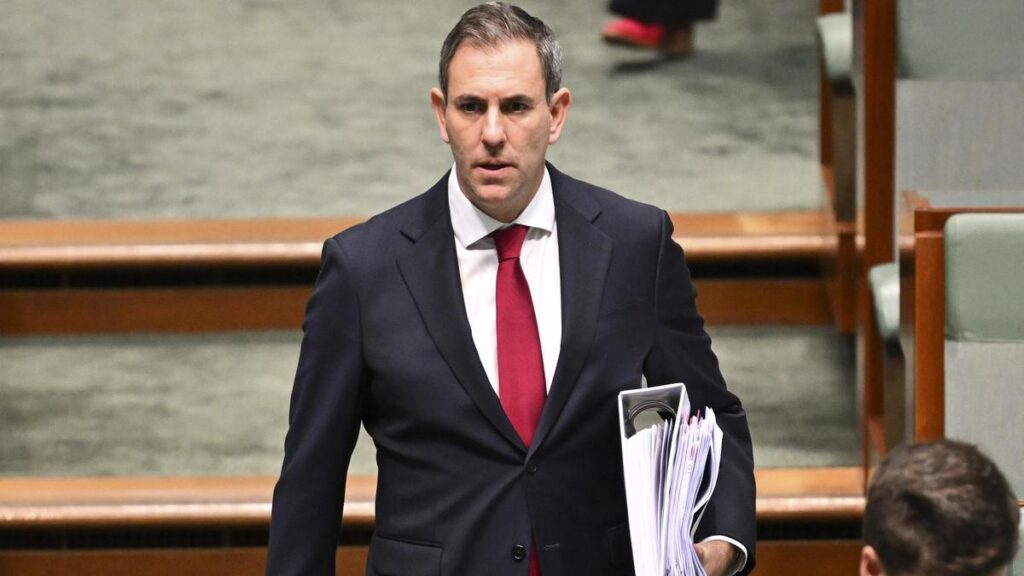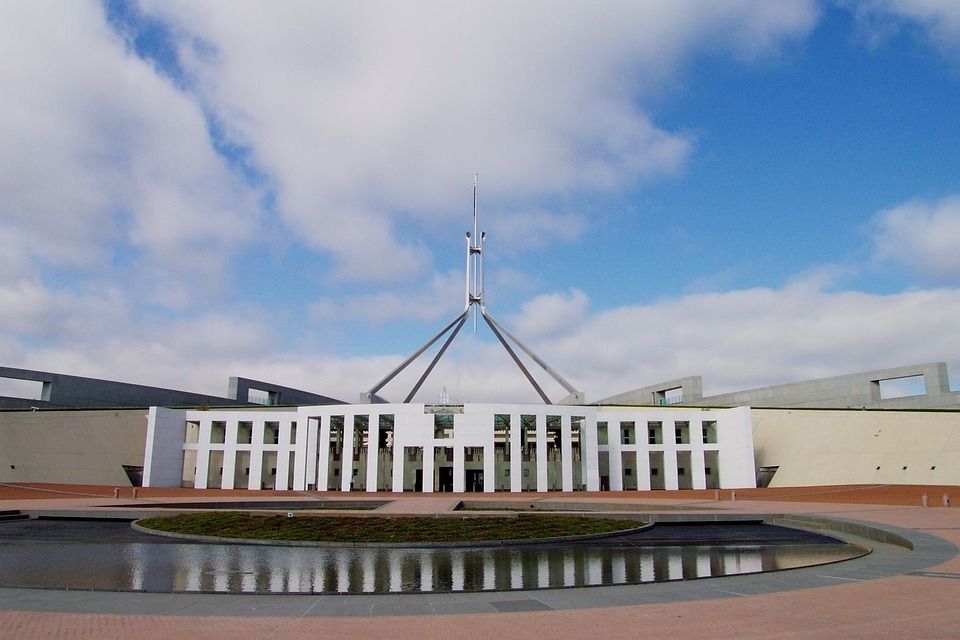
The upcoming economic reform roundtable led by Jim Chalmers is set to prioritize streamlining environmental approvals, overshadowing discussions on tax reform. This shift indicates a significant focus on deregulation, highlighting the urgency the Australian Government places on environmental policies as part of its economic strategy.
As stakeholders prepare for the roundtable scheduled for later this month, discussions around a national deregulation plan have gained momentum. The plan aims to expedite the environmental approval process, which many argue is essential for fostering economic growth and attracting investment. Proponents believe that simplifying these approvals could unlock various sectors, including renewable energy and infrastructure, which are vital for Australia’s economic future.
The emphasis on environmental approvals comes as the government seeks to balance economic development with environmental sustainability. According to industry experts, an efficient approval process can help reduce project delays and costs, ultimately benefiting both businesses and the economy at large.
Chalmers’ team is engaging various stakeholders, including industry representatives and environmental advocates, to gather insights on how best to implement these changes. This collaborative approach aims to ensure that the new regulations are both effective and considerate of environmental impacts.
While tax reform remains a critical issue on the government’s agenda, it is clear that environmental policy is taking precedence at this time. Chalmers has indicated that tax discussions will continue, but immediate attention is directed towards establishing a framework that supports a more efficient regulatory environment.
In a statement, Jim Chalmers expressed his commitment to fostering an economic landscape that not only drives growth but also protects Australia’s natural resources. He emphasized the need for a balanced approach that accommodates the interests of various sectors while adhering to environmental standards.
As Australia navigates these complex issues, the outcomes of the economic reform roundtable could set the stage for significant policy shifts. This focus on environmental approvals may redefine how businesses operate, particularly in sectors heavily reliant on government permits and regulations.
The attention towards deregulation also reflects broader trends seen in other countries, where governments are seeking to streamline processes to stimulate economic recovery post-pandemic. The Australian Government’s proactive stance on this issue highlights its recognition of the interconnectedness of economic growth and environmental stewardship.
In conclusion, the upcoming discussions led by Jim Chalmers will likely shape the future of both environmental policy and economic reform in Australia. As stakeholders await the outcomes, the emphasis on environmental approvals underscores a pivotal moment in the government’s approach to fostering a sustainable and thriving economy.





